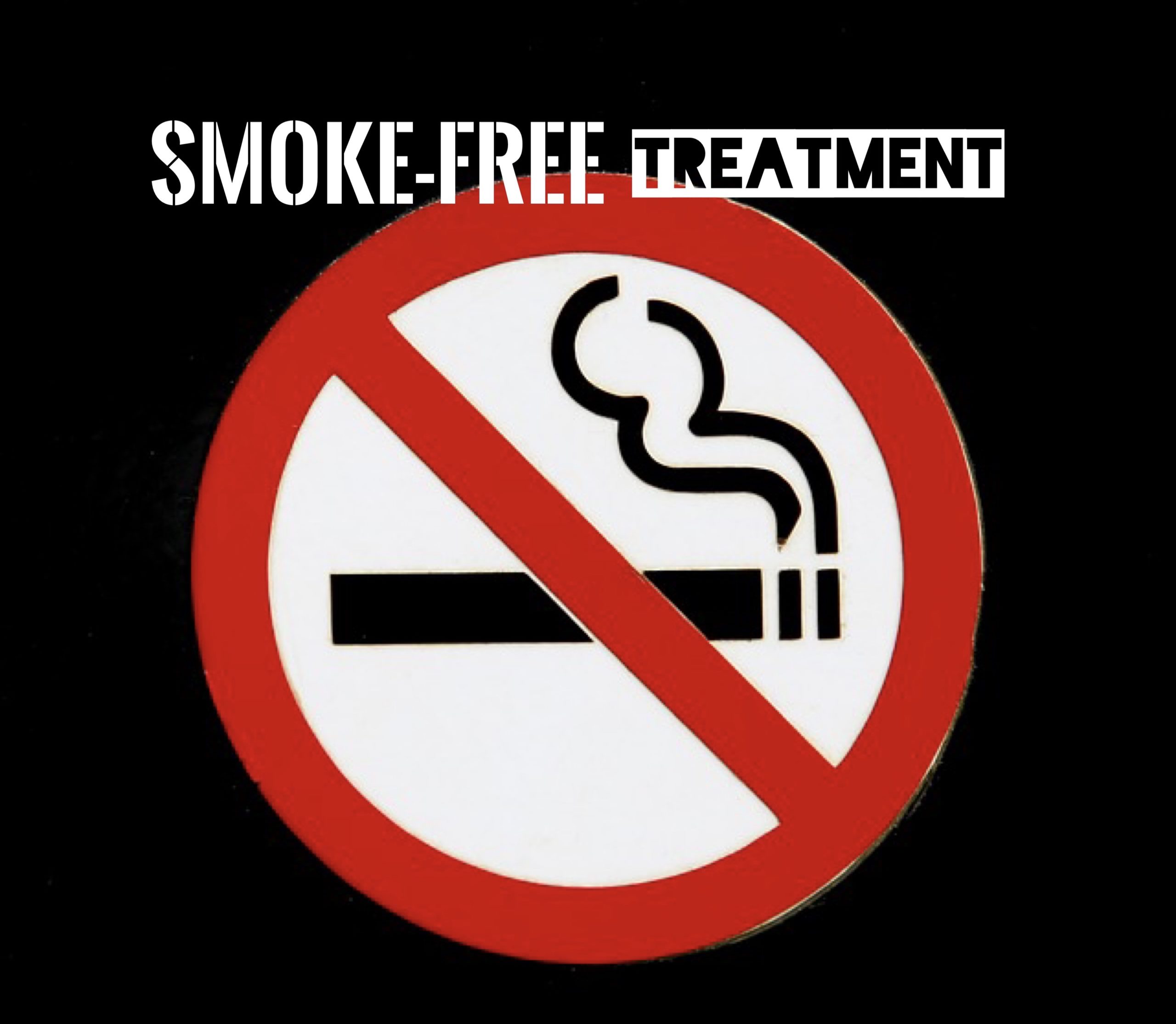
Smoking Cessation in Substance Use Treatment
We are a smoke-free treatment facility
It’s not uncommon to see eyes get big and feel hearts skip a beat when we tell patients, future patients and even community partners that our residential treatment programs are smoke-free. Many can’t imagine why they need to or how they could give up smoking if they’re giving up using too; much less at the same time. It can be scary to change so much at once. But when you focus on the overall wellness of the individual, it proves to have better long-term recovery results.
Many used to think that if patients quit smoking, their treatment wouldn’t be successful. Many treatment centers focused on the substance use disorder first. Then if the patient expressed the desire they would help them stop smoking.
Current studies now disprove the previous thoughts and a growing number of residential treatment centers are smoke-free.
Statistics from the Center for Disease Control
- People with substance use disorder are 40% more likely to smoke.
- 65% of patients in treatment for substance use disorder smoke.
This creates an extremely strong correlation between using, drinking and smoking. One study said: “Adult smokers with a history of problem drinking who continue to smoke are at a greater risk of relapsing three years later compared with adults who do not smoke.”
How does not smoking affect recovery?
Quitting during treatment is connected to a 25% increase in long-term recovery. When you close the door to all substances while you having the support in treatment you give yourself the best possible success rate. In fact, one person in the recovery community said “If I didn’t let using hard drugs kill me I can’t let myself die of lung cancer or a heart attack.”
There are many different ways to combat substance use disorders and each person is different. If you or someone you know is experiencing problems with substance use disorder please contact the professional team at Lifeline Connections. You can visit Lifelineconnections.org, our Services & Locations information or call (360) 397-8246 for more information.
https://www.cdc.gov/tobacco/disparities/mental-illness-substance-use/index.htm
https://www.cdc.gov/tobacco/data_statistics/fact_sheets/adult_data/cig_smoking/index.htm
https://www.bhwellness.org/fact-sheets-reports/Smoking-Cessation-During-Treatment-Infographic.pdf
1 Comment
Comments are closed.

AffiliateLabz
Great content! Super high-quality! Keep it up! :)